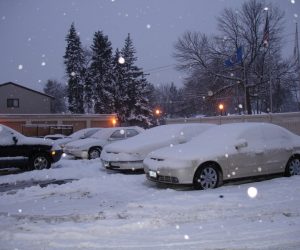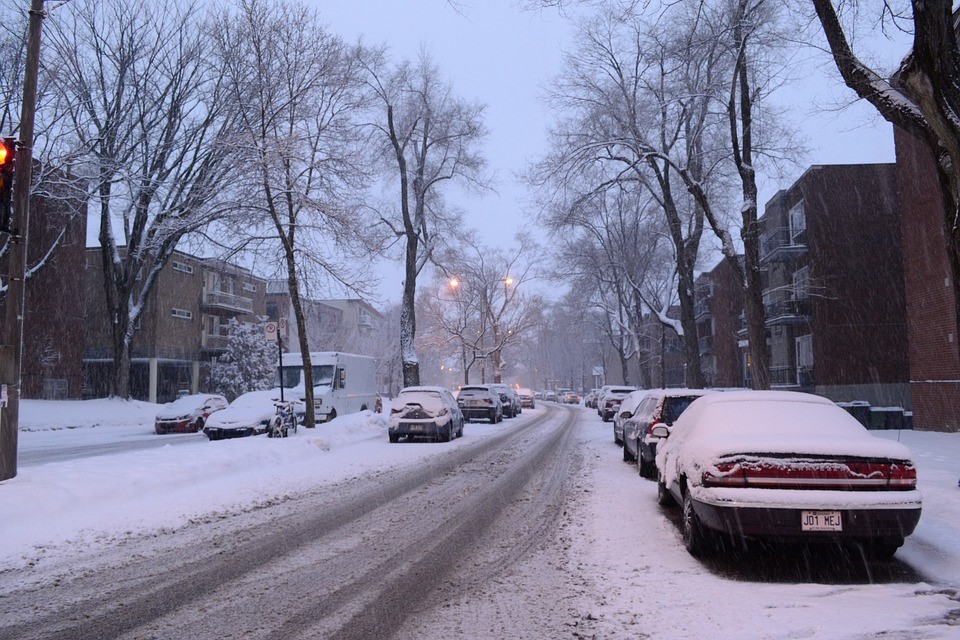Public car parks are gritted by the council when it starts to snow, but what if you own a private car park? After all, outdoor private car parks will see just as much snow as public areas.
If you own a private car park, it is important to consider who will grit the car park when it starts to snow. This is because snow and ice are major hazards; in fact, snow is one of the top causes of car accidents.
Here is everything you need to know about gritting private car parks during icy weather.
Is it your responsibility?
Some car park owners worry about putting grit down, as they think this means that are assuming responsibility – if anything bad does happen, they will be liable for the accident. In reality, this is far from the truth. If you own a private car park, you are liable for anything dangerous that happens in the said car park; therefore, it is well worth putting grit down, as this lowers the chance of you paying out for an accident!
The Workplace Regulations Act 2012 states that every surface for a traffic route must not present a risk to anyone’s health or safety. This applies to private car parks that are covered in snow or ice.
If you want to hire a company to help you with Gloucestershire car park gritting, operators such as www.contract-gritting.co.uk are a great place to start.
Should you grit your car park?
If you own a private car park, you should definitely put something down when the weather gets snowy or icy; however, you do not necessarily have to use grit. There are lots of other options you can use, but grit is a cheap and effective option and one of the most popular ways to get rid of snow.
Simply buy the grit and cover your car park with it. Remember that it works best when it is broken down by cars, so it takes longer to work on pavements. It is also very important to note that you cannot use grit from public salt boxes, as this is for public roadways only. If you do this and you are caught, it is very likely that you will be fined or penalised.


